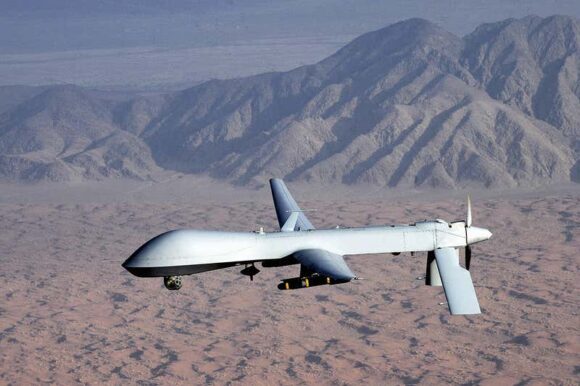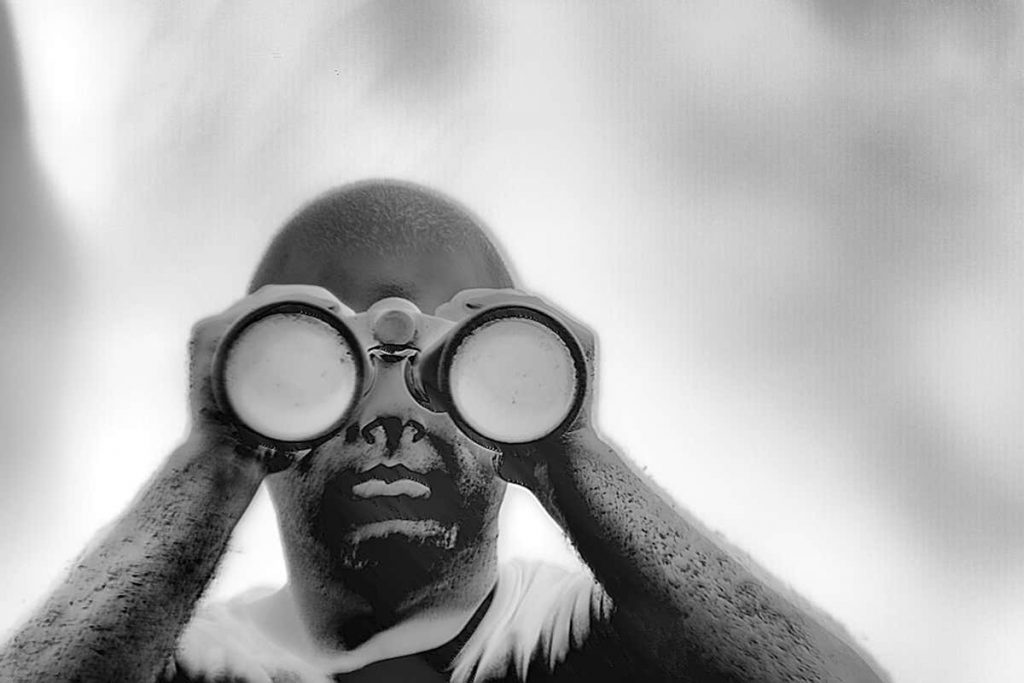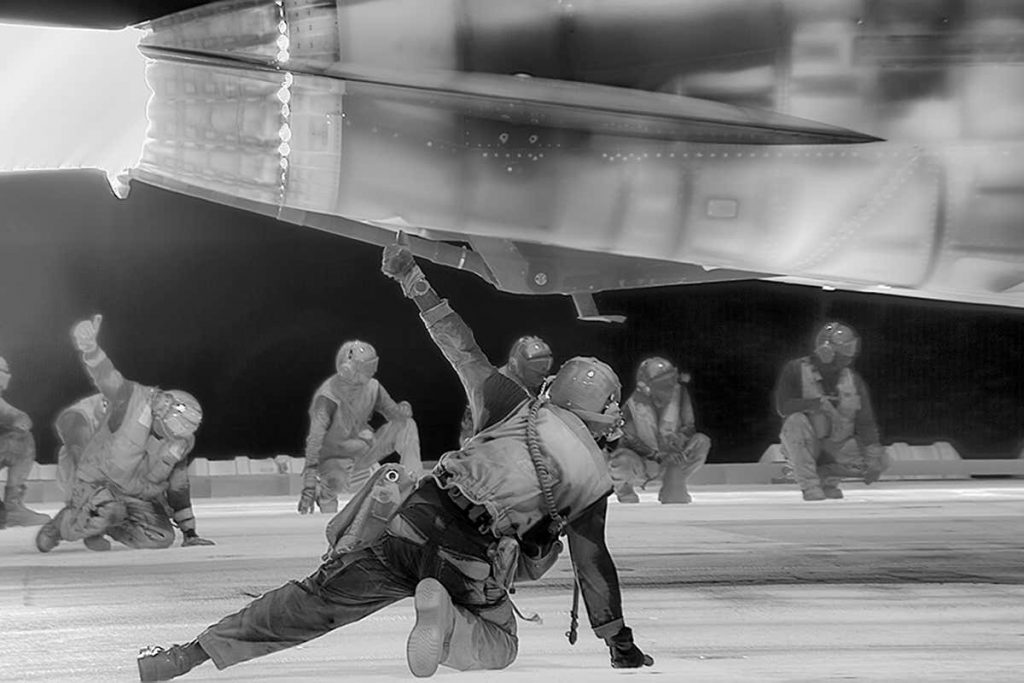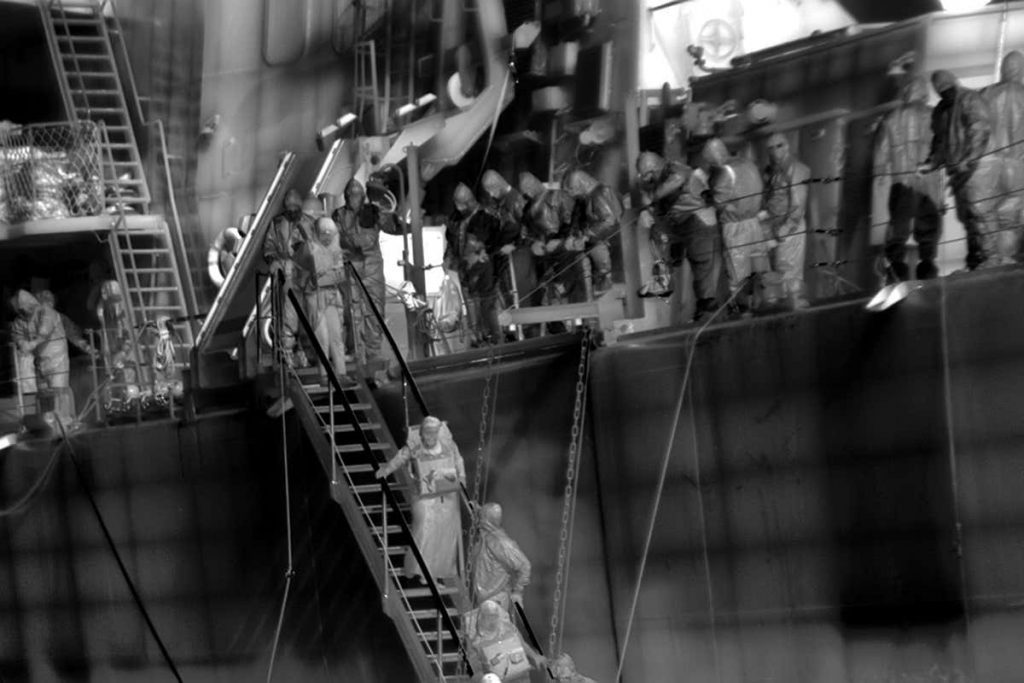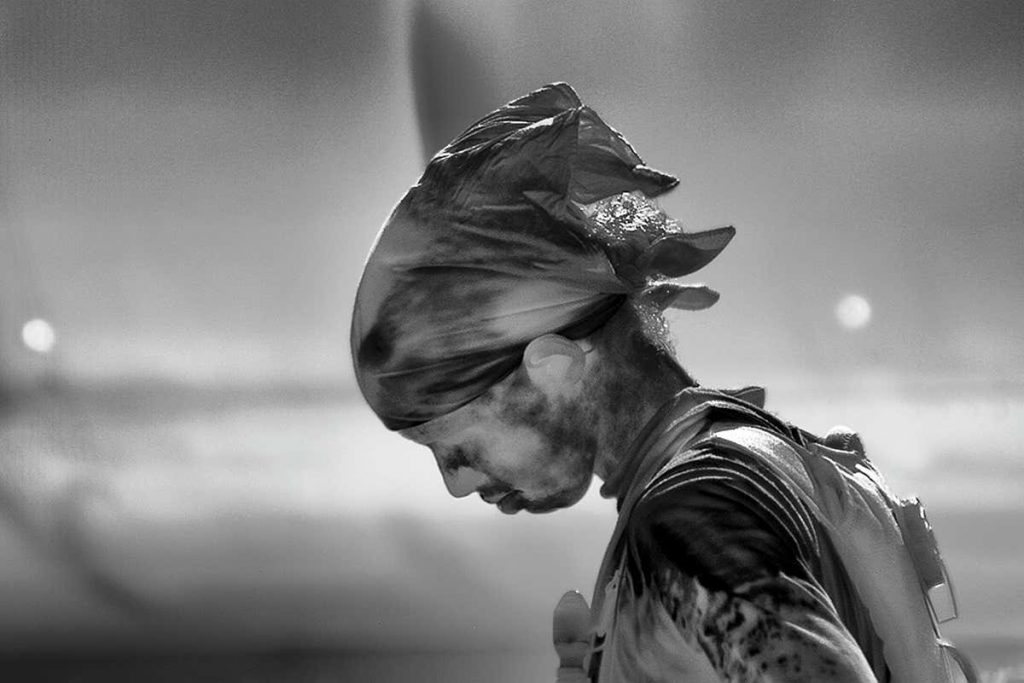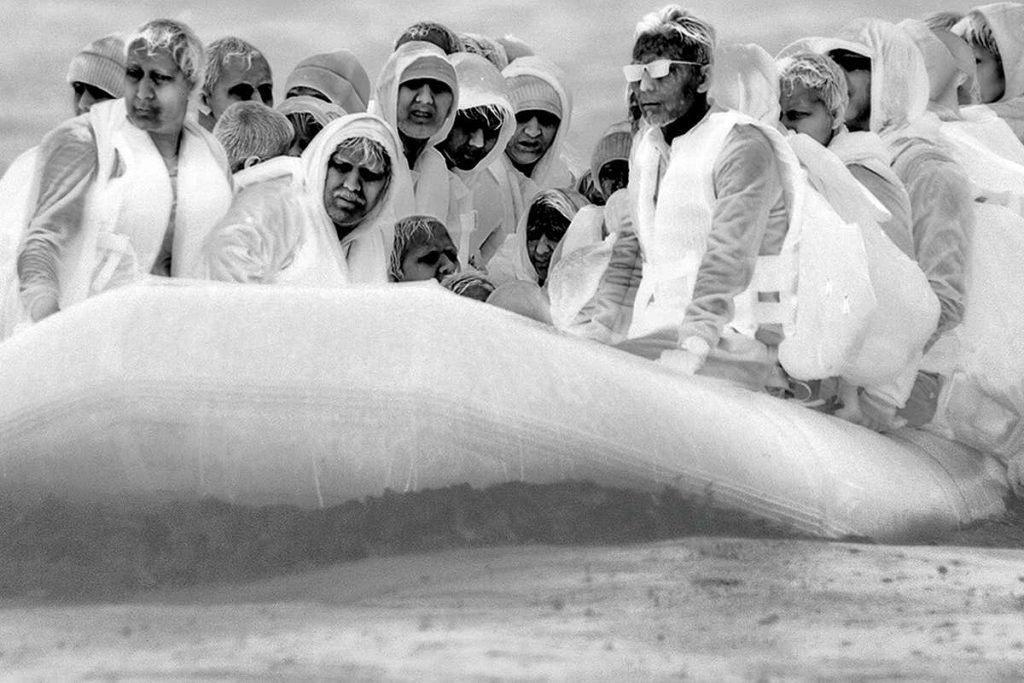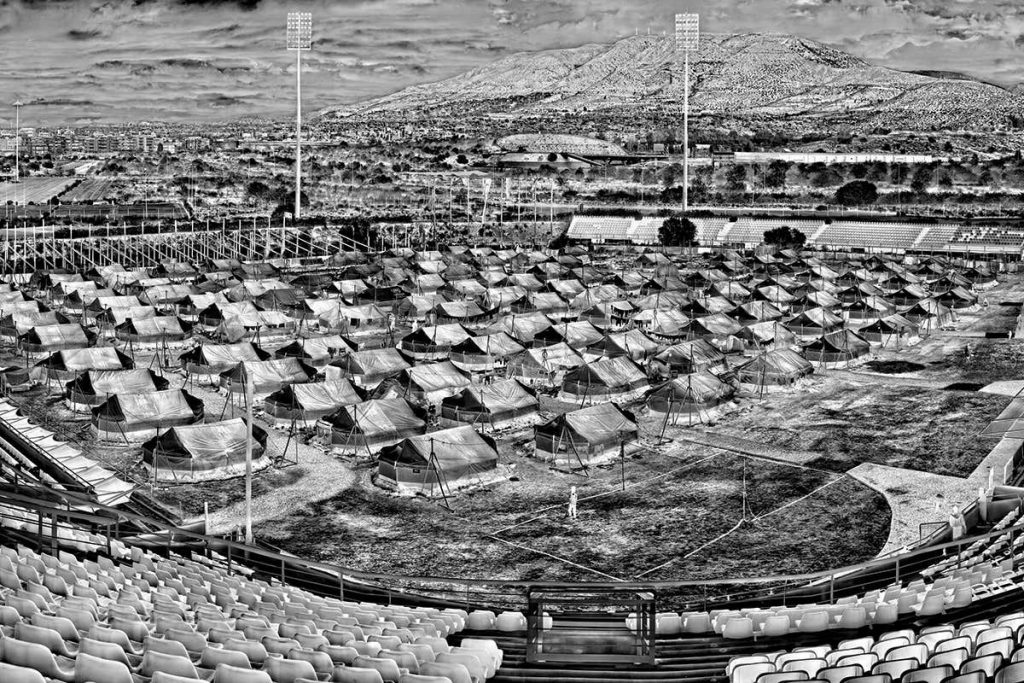Reading The Drone Age by Michael J. Boyle for New Sceintist, 30 September 2020
Machines are only as good as the people who use them. Machines are neutral — just a faster, more efficient way of doing something that we always intended to do. That, anyway, is the argument wielded often by defenders of technology.
Michael Boyle, a professor of political science at LaSalle University in Philadelphia, isn’t buying: “the technology itself structures choices and induces changes in decision-making over time,” he explains, as he concludes his concise, comprehensive overview of the world the drone made. In everything from commerce to warfare, spycraft to disaster relief, our menu of choices “has been altered or constrained by drone technology itself”.
Boyle manages to be nuanced and terrifying at the same time. At one moment he’s pointing out the formidable practical obstacles in the way of anyone launching a major terrorist drone attack. In the next, he’s explaining why political assassinations by drone are just around the corner, Turn a page setting out the moral, operational and legal constraints keenly felt by upstanding US military drone pilots, and you’re confronted by their shadowy handlers in government, who operate with virtually no oversight.
Though grounded in just the right level of technical detail, The Drone Age describes, not so much the machines themselves, but the kind of thinking they’ve ushered in: an approach to problems that no longer distinguishes between peace and war.
In some ways this is a good thing. Assuming that war is inevitable, what’s not to welcome about a style of warfare that involves working through a kill list, rather than exterminating a significant proportion of the enemy’s population?
Well, two things. For US readers, there’s the way a few careful drone strikes proliferated under Obama and especially under Trump into a global counter-insurgency air platform. While for all of us, there’s the peacetime living is affected, too. “It is hard to feel like a human… when reduced to a pixelated dot under the gaze of a drone,” Boyle writes. If the pool of information gathered about us expands, but not the level of understanding or sympathy for us, where then i’s the positive for human society?
Boyle brings proper philosophical thinking to our relationship with technology. He’s particularly indebted to the French philosopher Jacques Ellul, whose The Technological Society (1964) transformed the way we think about machines. Ellul argued that when we apply technology to a problem, we adopt a mode of thinking that emphasizes efficiency and instrumental rationality, but also dehumanizes the problem.
Applying this lesson to drone technology, Boyle writes: “Instead of asking why we are using aircraft for a task in the first place, we tend to debate instead whether the drone is better than the manned alternative.”
This blinkered thinking, on the part of their operators, explains why drone activities almost invariably alienate the very people they are meant to benefit: non-combatants, people caught up in natural disasters, the relatively affluent denizens of major cities. Indeed, the drone’s ability to intimidate seems on balance to outweigh every other capability.
The UN has been known to fly unarmed Falco surveillance drones low to the ground to deter rebel groups from gathering. If you adopt the kind of thinking Ellul described, then this must be a good thing — a means of scattering hostels, achieved efficiently and safely. In reality, there’s no earthly reason to suppose violence has been avoided: only redistributed (and let’s not forget how Al Quaeda, decimated by constant drone strikes, has reinvented itself as a global internet brand).
Boyle warns us at the start that different models of drone vary so substantially “that they hardly look like the same technology”. And yet The Drone Age keeps this heterogenous flock of disruptive technologies together long enough to give it real historical and intellectual coherence. If you read one book about drones, this is the one. But it is just as valuable about surveillance, or the rise of information warfare, or the way the best intentions can turn the world we knew on its head.

